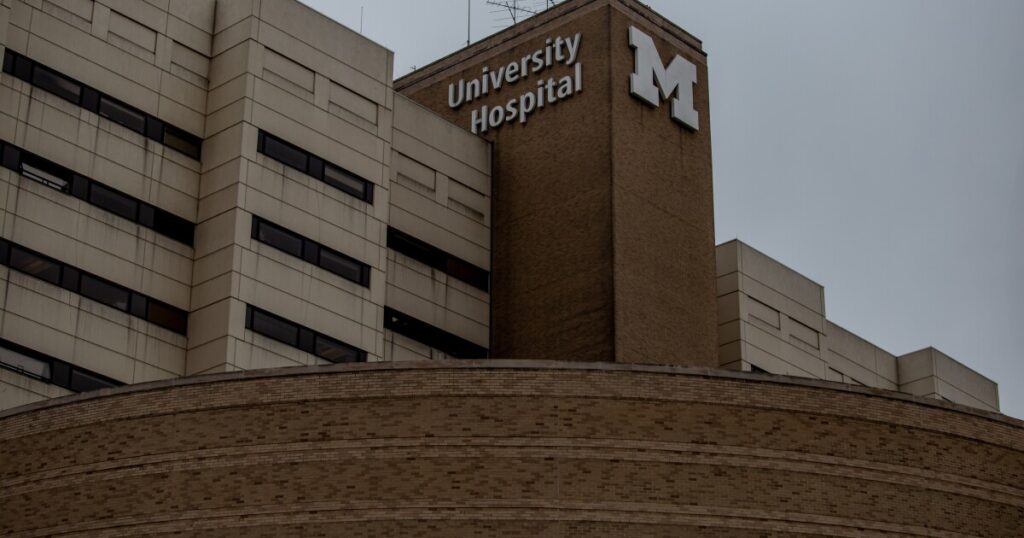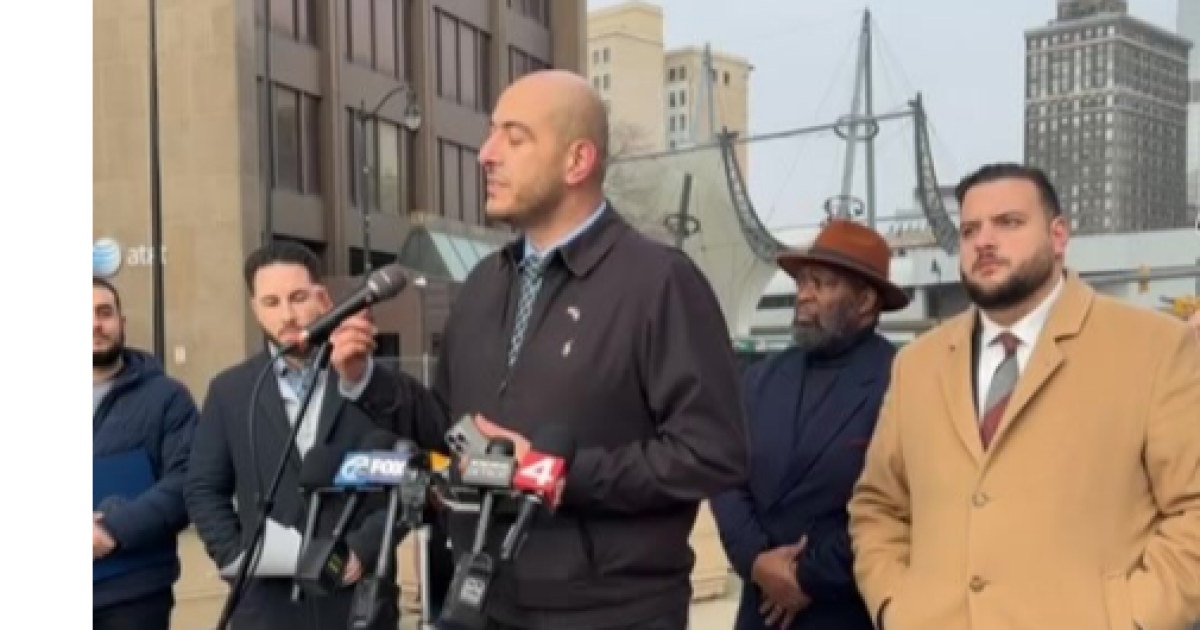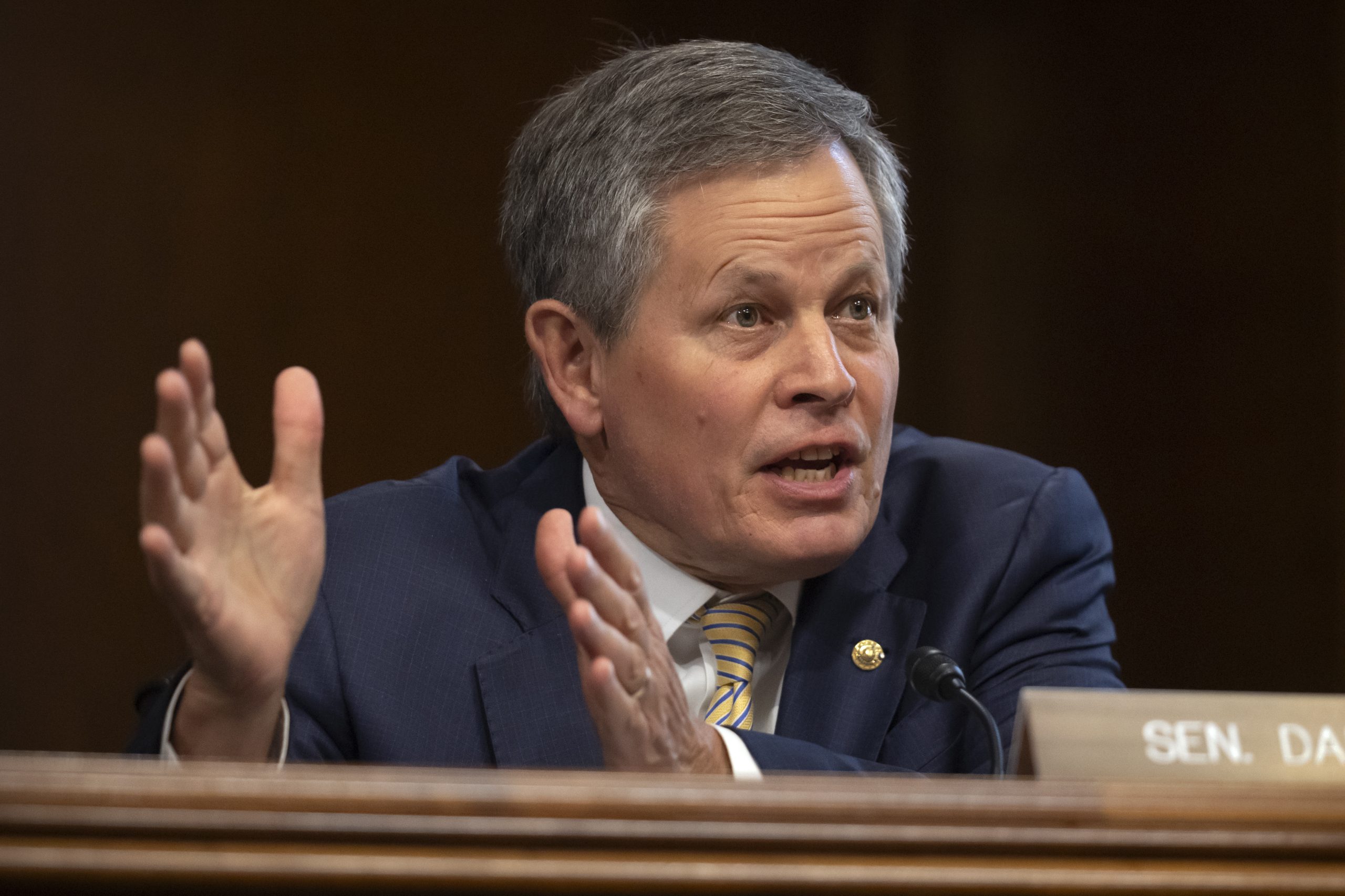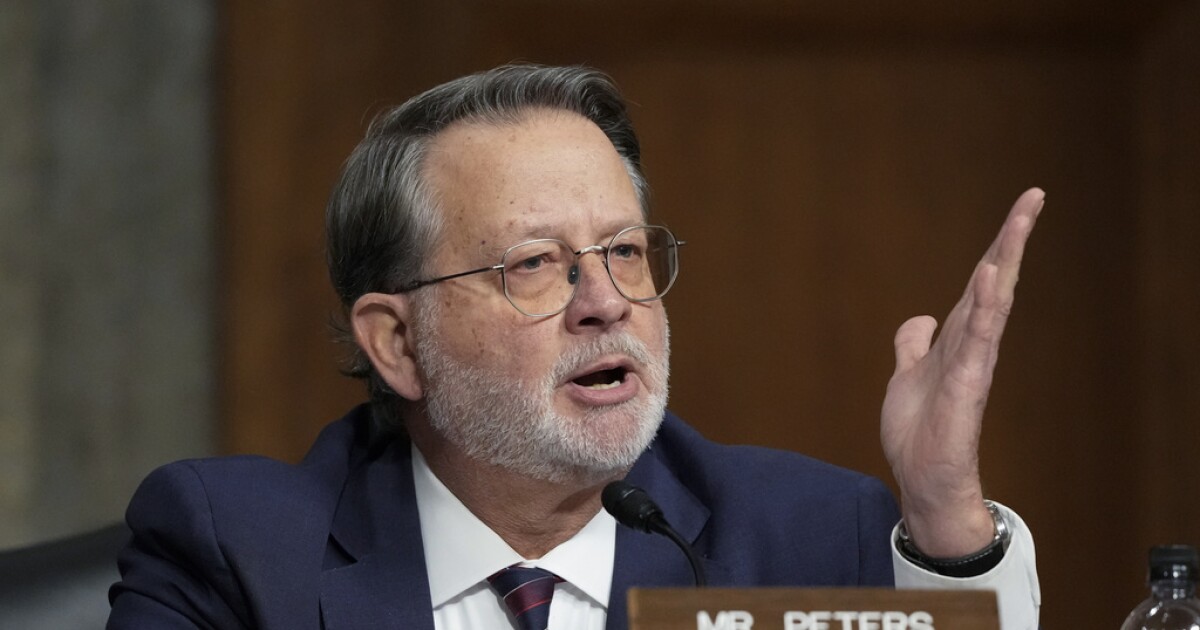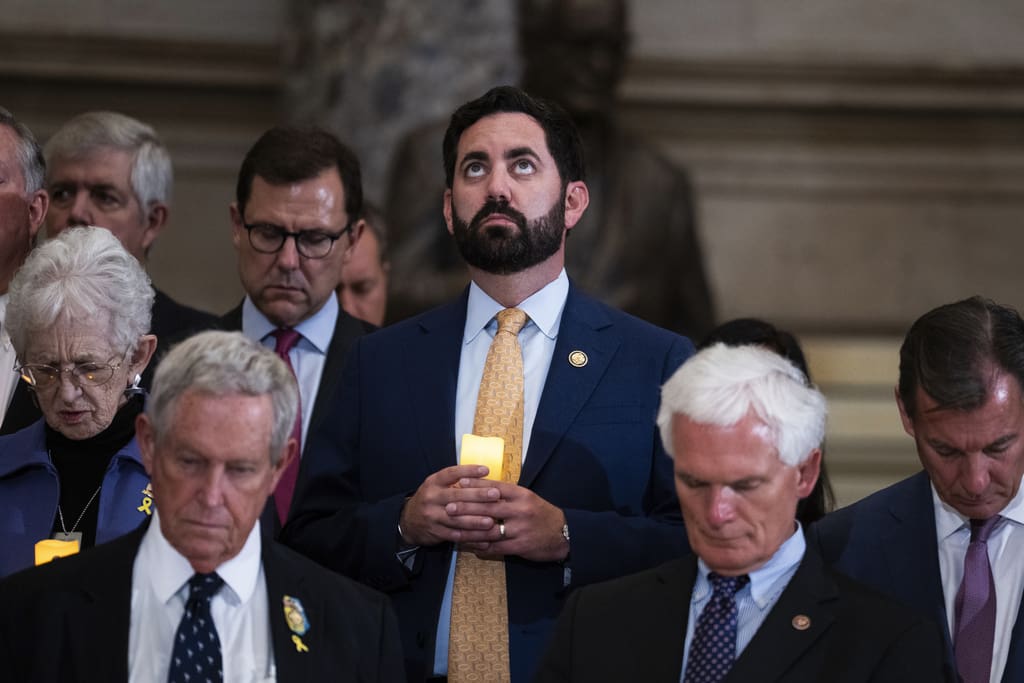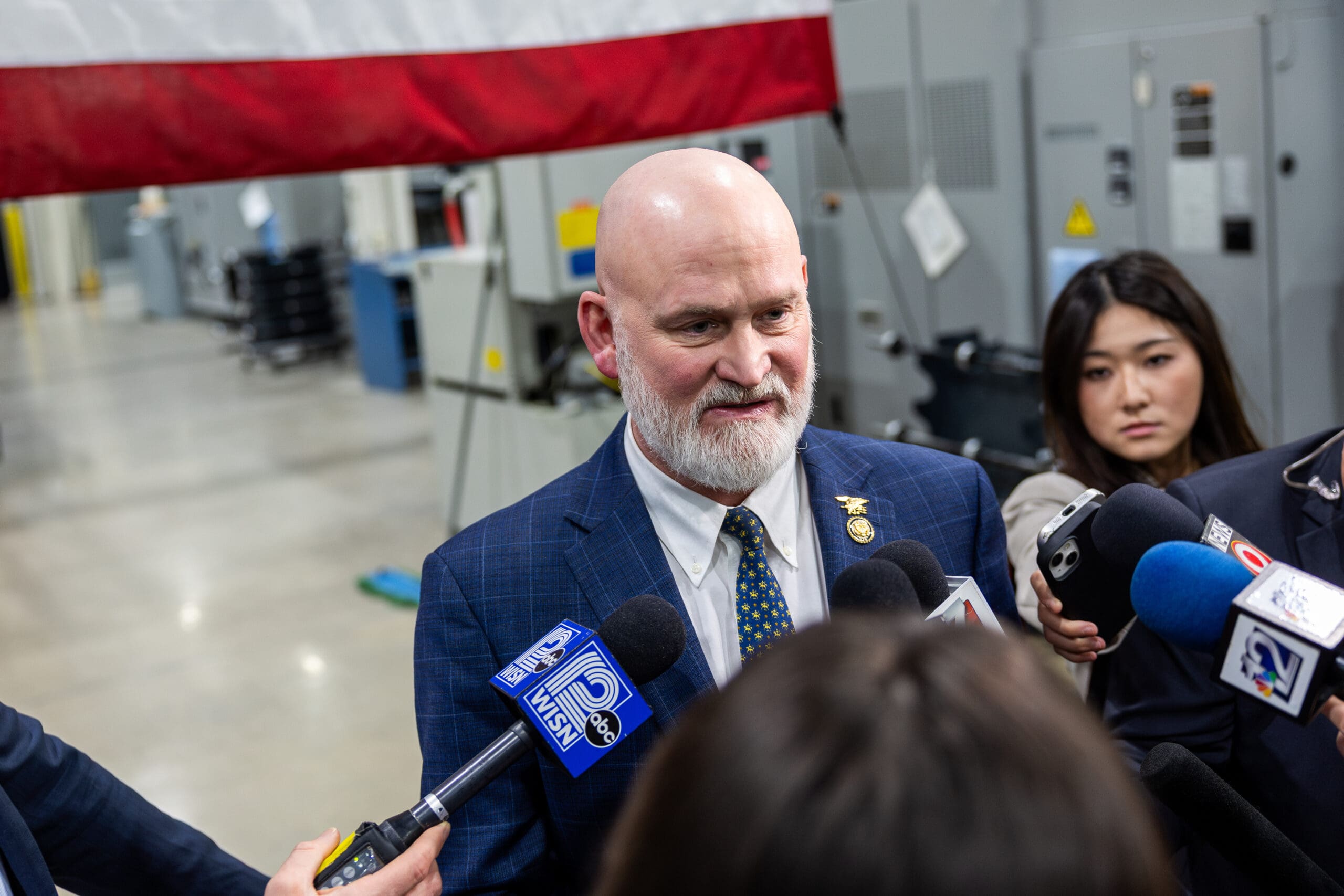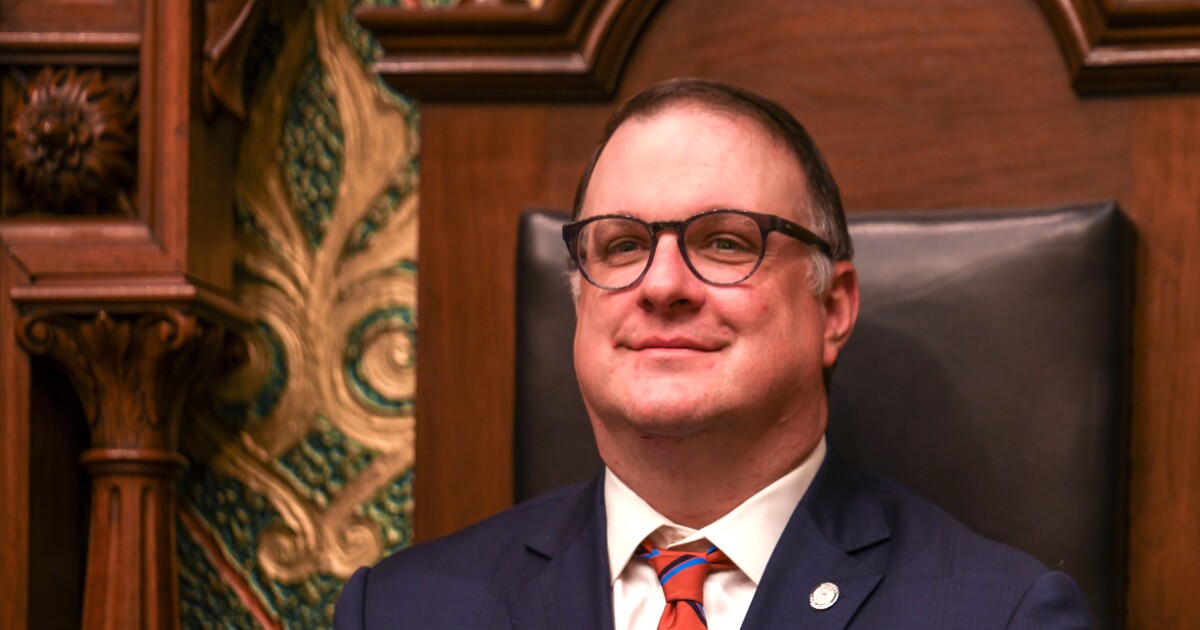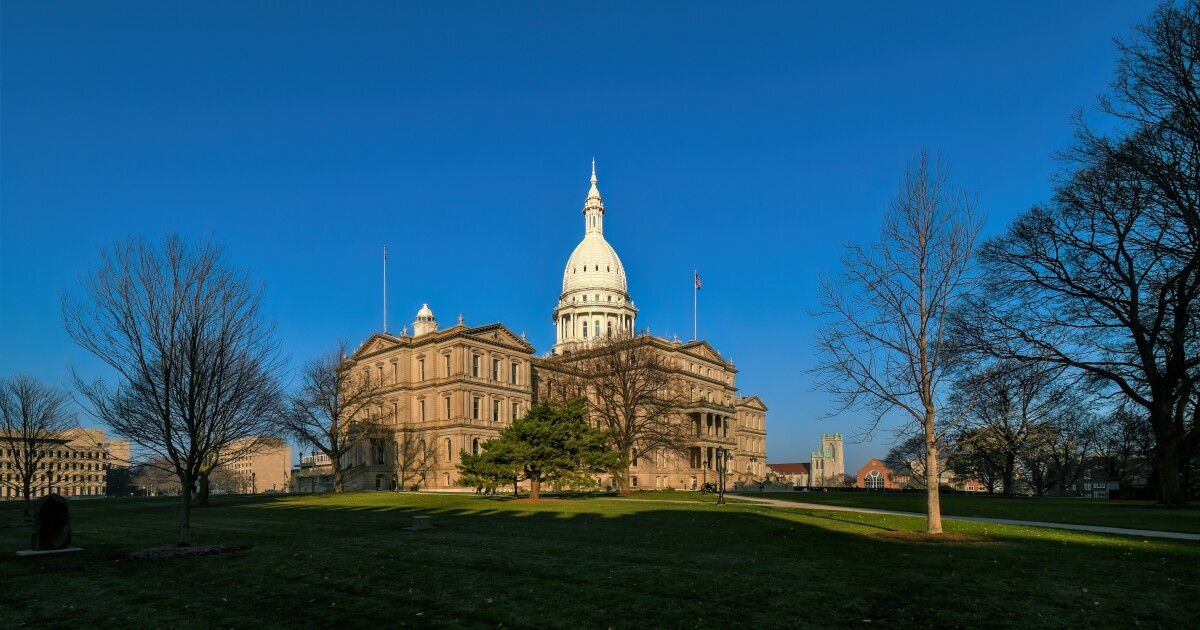Federal Investigations into Religious Exemptions for Health Care Providers Intensify
New investigations by the Trump administration are focusing on whether health care providers can refuse to offer gender-affirming care based on religious or moral grounds. These actions, led by the Department of Health and Human Services (HHS), have stirred debates on the extent of religious rights in medical settings.
A recent probe targets the University of Michigan Health system, following a former employee’s claim of wrongful termination after she sought a religious exemption from providing gender-affirming care. This case is part of a broader initiative aimed at reinforcing the enforcement of laws that protect medical providers’ conscience and religious practices, citing the federal Church Amendments.
According to Elizabeth Sepper, a University of Texas professor specializing in conscience laws, the HHS’s approach marks the first time the Church Amendments have been used to justify refusals of gender-affirming care, despite the laws traditionally covering objections to abortions and sterilizations. She clarifies that these laws do not extend to gender-affirming care.
Religious freedom advocates, however, view the investigation as a necessary measure to uphold existing protections for health care workers whose beliefs may conflict with certain medical procedures. “We are pleased to learn that the Department of Health and Human Services is taking its responsibility seriously to enforce the federal statutes protecting religious health care providers,” said Kayla Toney, attorney for the health worker involved, Valerie Kloosterman, and representative of First Liberty Institute.
Other recent cases under HHS scrutiny include situations involving ultrasound technicians opposed to participating in abortion procedures and a nurse seeking exemption from administering puberty blockers and cross-sex hormones. These investigations follow a historical context where previous efforts to broaden conscience rules were blocked by federal courts in 2019.
Critics, such as Sam Bagenstos, a former HHS general counsel, argue that these investigations might intimidate providers of gender-affirming care, even in states where such care is legal. HHS’s Andrew Nixon declined to comment due to ongoing investigations.
The case involving Kloosterman began after she filed a lawsuit against her employer, alleging wrongful dismissal following a diversity training session. During that session, she was reportedly pressured to conform to policies that conflicted with her religious beliefs, according to the lawsuit. Her case was dismissed in court, but an appeal is ongoing.
HHS’s investigation under the Church Amendments aims to ensure that health care workers can practice their faith alongside their profession, as stated by Paula M. Stannard from the department’s Office for Civil Rights. However, Sepper highlights the probe as an unprecedented expansion of the Church Amendments’ scope.
Ismail Royer of the Religious Freedom Institute, supporting Kloosterman’s lawsuit, argues that the case is not about denying care to LGBT individuals but about the right not to be forced to act against one’s beliefs. He emphasizes that alternative providers should be available for patients whose needs conflict with a provider’s conscience.
Sepper notes the significant implications for health systems, as HHS could potentially withdraw Medicare and Medicaid funding, although such actions would be unusual and potentially unlawful. She states that the current administration’s actions place health systems in a challenging position, balancing antidiscrimination laws with employee rights.
This article is part of a collaboration with Michigan Public and NPR.
—
Read More Michigan News

